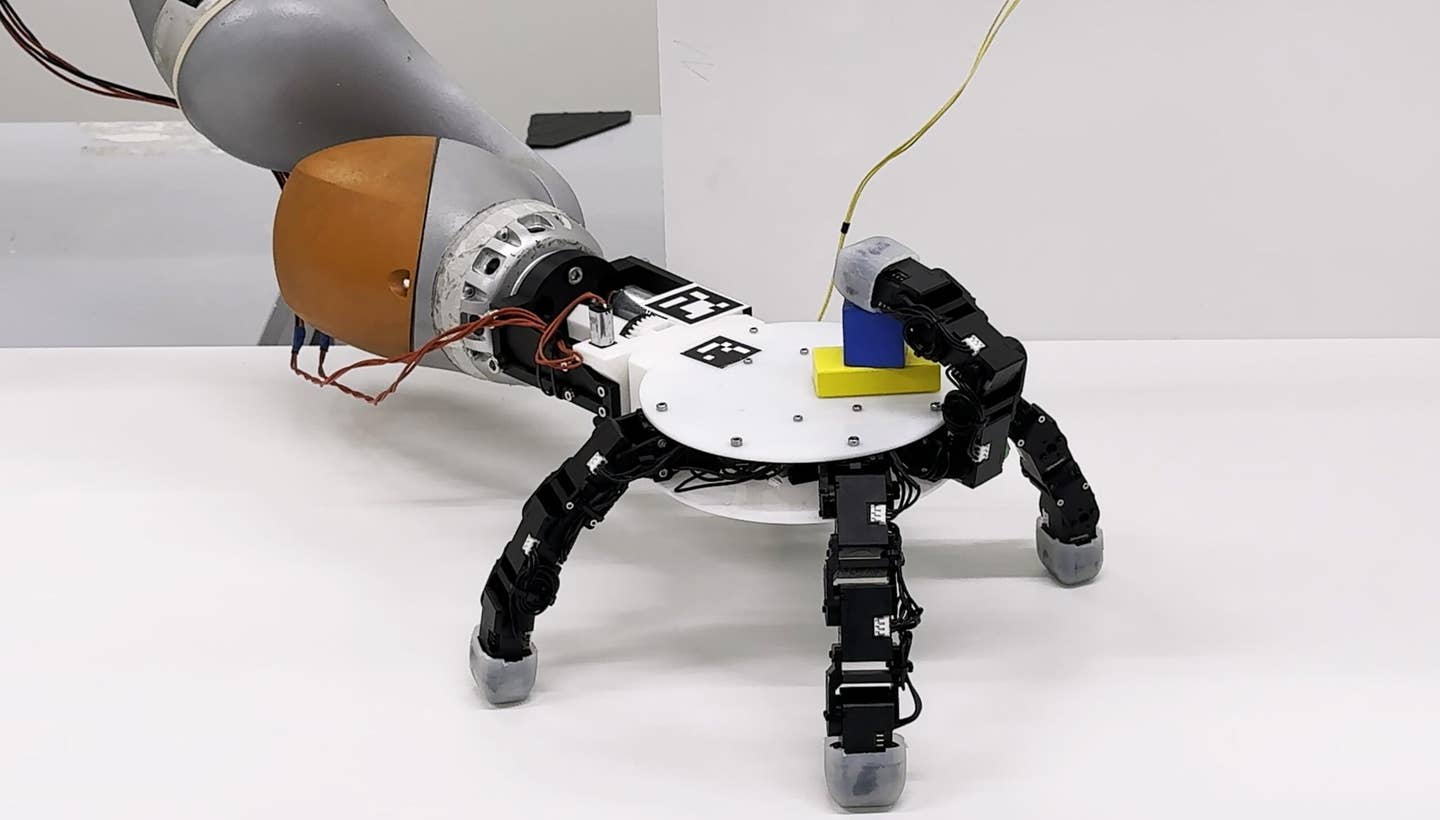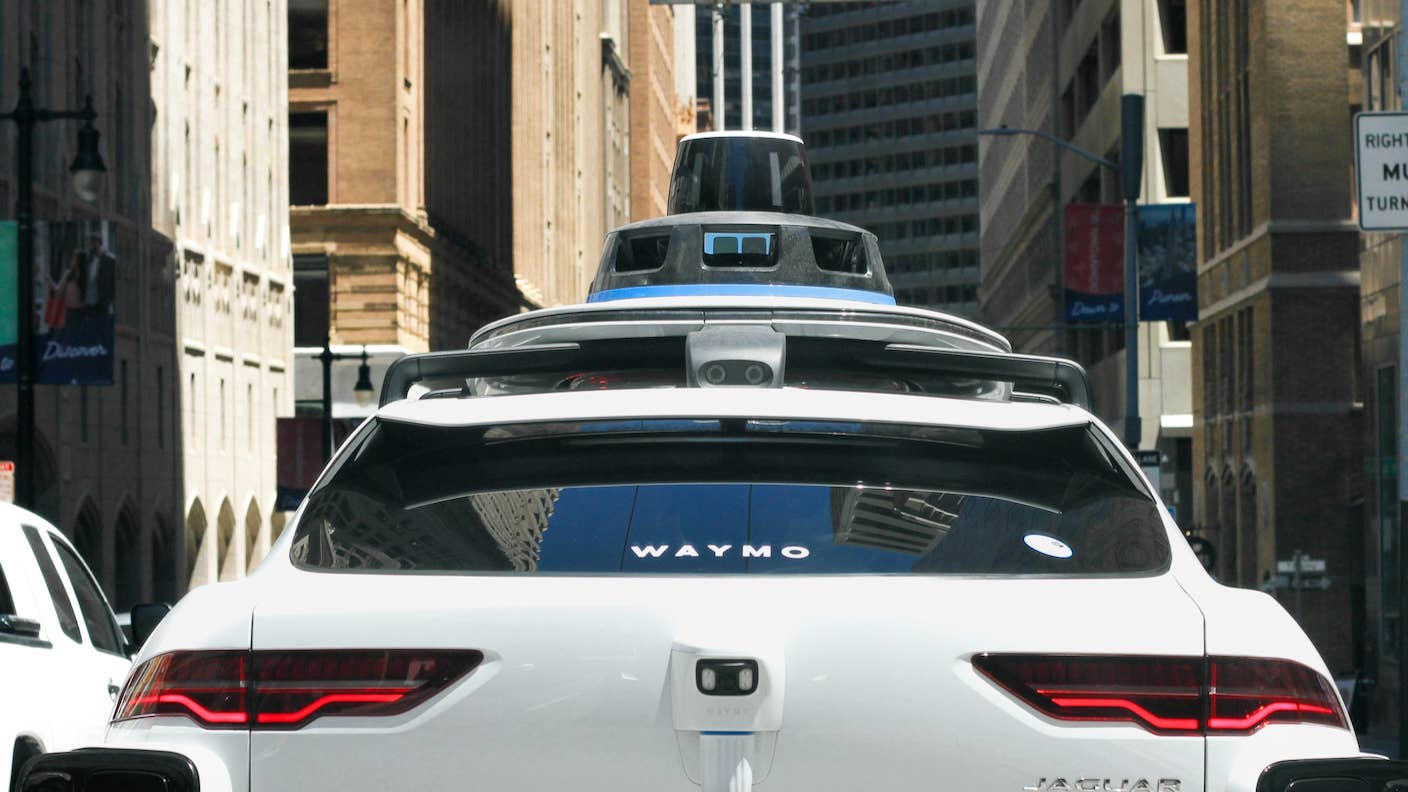US Unemployment Is 7.9%—Are Robots to Blame?

Share
Robots want to invade your home, take your job, and steal your wife. Maybe not that last one (yet). But as unemployment remains stubbornly elevated (7.9%) people are searching for answers. Among the usual suspects—foreign competition, too much regulation, too little spending, banks—technology is increasingly bearing the blame.
In a recent episode of 60 Minutes (watch below), aired January 13, Steve Kroft notes “one of the hallmarks of the 21st century is we are all having more and more interactions with machines and fewer with human beings.” And as robots march “out of the realm of science fiction and into the mainstream” the result is “technological unemployment.” According to Kroft, “There is a lot of it going around with more to come.”
At this point we could level all the usual defenses—that automation has been happening for a few centuries. That there are now, and have always been, periods of discomfort as some jobs disappear and others are created. That for those taking part in technology’s rapid march, the last few hundred years have shortened the work day and week, witnessed the advent of retirement and vacation, increased income, added years to the human lifespan, and improved overall living conditions.
That while unemployment is stubbornly above average right now, it’s nowhere near the levels experienced for over a decade during the Great Depression. And as George Mason's Don Boudreaux points out, that was before “the Internet, the microchip, and even the solid-state transistor.” To imply the latest round of technologically-driven productivity gains are fundamentally new is misleading.
Which is why one of Kroft’s guests, Erik Brynjolfsson of MIT, clarifies, “Technology is always creating jobs. It's always destroying jobs. But right now the pace is accelerating. It's faster we think than ever before in history. So as a consequence, we are not creating jobs at the same pace that we need to.”
In the context of exponential technology, Brynjolfsson’s statement rings true. Maybe we’ve reached the knee of the curve, where the rate of progress turns up toward the vertical, and workers are no longer able to keep pace. We might be there. But as Sir John Templeton said, “The four most dangerous words in investing are ‘this time it’s different.’”
We can make statements about the pace of information technology over the last half century. But beyond the anecdotal, there is no good way of measuring technology’s broader speed or aggregate effects on the economy. And it’s even harder to compare this period to periods past. A dirty economic secret is the data gets spottier and spottier—strung together with shoelaces and duct tape—the further back you go.
Be Part of the Future
Sign up to receive top stories about groundbreaking technologies and visionary thinkers from SingularityHub.


Boudreaux notes (in direct response to the 60 Minutes piece), “Are robots in 2013, for example, replacing factory workers faster than motorized farm equipment in 1913 replaced farmhands? Maybe; maybe not. The answer isn’t obvious.”
But whether this time is different may be beside the point. There will always be a degree of uneasiness as new technology replaces human workers. The question is, "What can you do about it?" Or as it was posed in a recent members discussion thread, “What’s worth studying?” How can you predict what skills will be valued in the future?
The answer now, as ever, is you can’t. We may value learning new languages as business goes global. But soon real-time universal translators will do the job better. Today, doctors strive for an encyclopedic knowledge of medicine. But AIs like Watson may soon make rote learning less useful and analysis more so. Which is probably a good guide in general—you can't predict exactly what will be needed, but you can hone universal skills. Learn how to be a good learner.
Ultimately, technology frees us from one task so we can focus on another. Boudreaux again, “As was true 200 years ago, the falling costs of satisfying some wants (such as those for food and clothing) enable us to turn our attention to satisfying other wants, many of which today were unimaginable to our 19th-century ancestors.”
No job is secure from the coming robot invasion—not even the writing of news stories. But if robots taking over for humans in some realms allows us to pursue multitudes of new, creative, and as yet inconceivable paths…then long live the bots.
Image Credits: Honda
Jason is editorial director at SingularityHub. He researched and wrote about finance and economics before moving on to science and technology. He's curious about pretty much everything, but especially loves learning about and sharing big ideas and advances in artificial intelligence, computing, robotics, biotech, neuroscience, and space.
Related Articles

This Robotic Hand Detaches and Skitters About Like Thing From ‘The Addams Family’

Waymo Closes in on Uber and Lyft Prices, as More Riders Say They Trust Robotaxis

Sci-Fi Cloaking Technology Takes a Step Closer to Reality With Synthetic Skin Like an Octopus
What we’re reading


